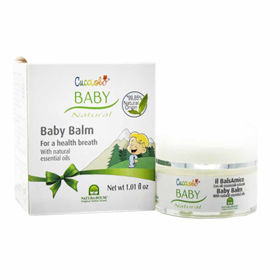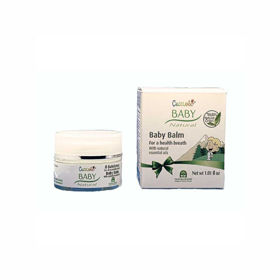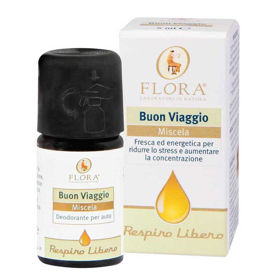Customer question:
How contagious is pneumonia? Anonymous customer's question
Pharmacist's answer:
Pneumonia is an infectious disease, as the causative agents of infection can be transmitted by droplets produced when an infected person coughs, sneezes or speaks. Bacteria, viruses, fungi, or other microorganisms that cause pneumonia can spread through the air and settle in the respiratory tract of other people, which can lead to a new infection.
The contagiousness of pneumonia depends on the type of causative agent and other factors, such as the immune status of the infected person, the severity of the infection, and the extent of exposure. Some causes of pneumonia are more contagious than others; for example, the bacterium Streptococcus pneumoniae, a common cause of bacterial pneumonia, can spread very quickly.
In addition, certain groups of people are more prone to spreading or developing pneumonia, such as infants, the elderly, and people with chronic illnesses or weakened immune systems. Therefore, it is essential to take preventive measures such as regular hand washing, limiting contact with infected persons, using face masks in case of potential exposure, and vaccination to reduce the risk of infection and the spread of pneumonia.
Can a newborn get pneumonia from the mother while breastfeeding?
A newborn can get pneumonia from the mother while breastfeeding if the mother is infected with bacteria or viruses that cause pneumonia and if proper hygiene measures are not followed. The infection can be transmitted through droplets produced when an infected person coughs, sneezes, or talks. Suppose the mother has pneumonia or symptoms of a respiratory infection. In that case, she must practice appropriate hygiene measures during breastfeeding to reduce the risk of transmitting the infection to the newborn. This may include:
- regular hand washing,
- wearing a face mask and
- avoidance of close contact.
Interesting reading: Bacterial pneumonia forum
Interesting reading: Aspiration pneumonia












 Facebook
Facebook
 Instagram
Instagram
 info@moja-lekarna.com
info@moja-lekarna.com

